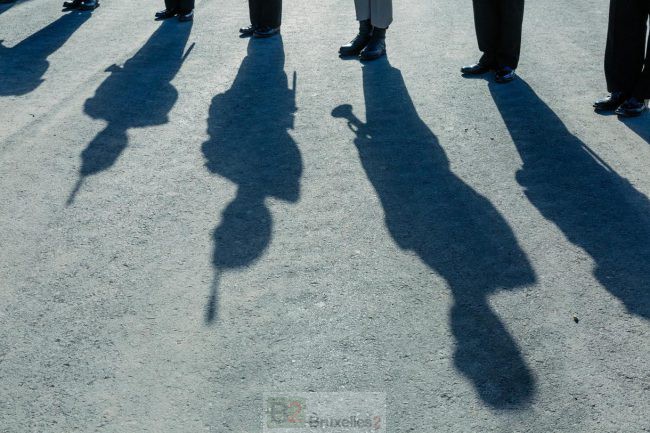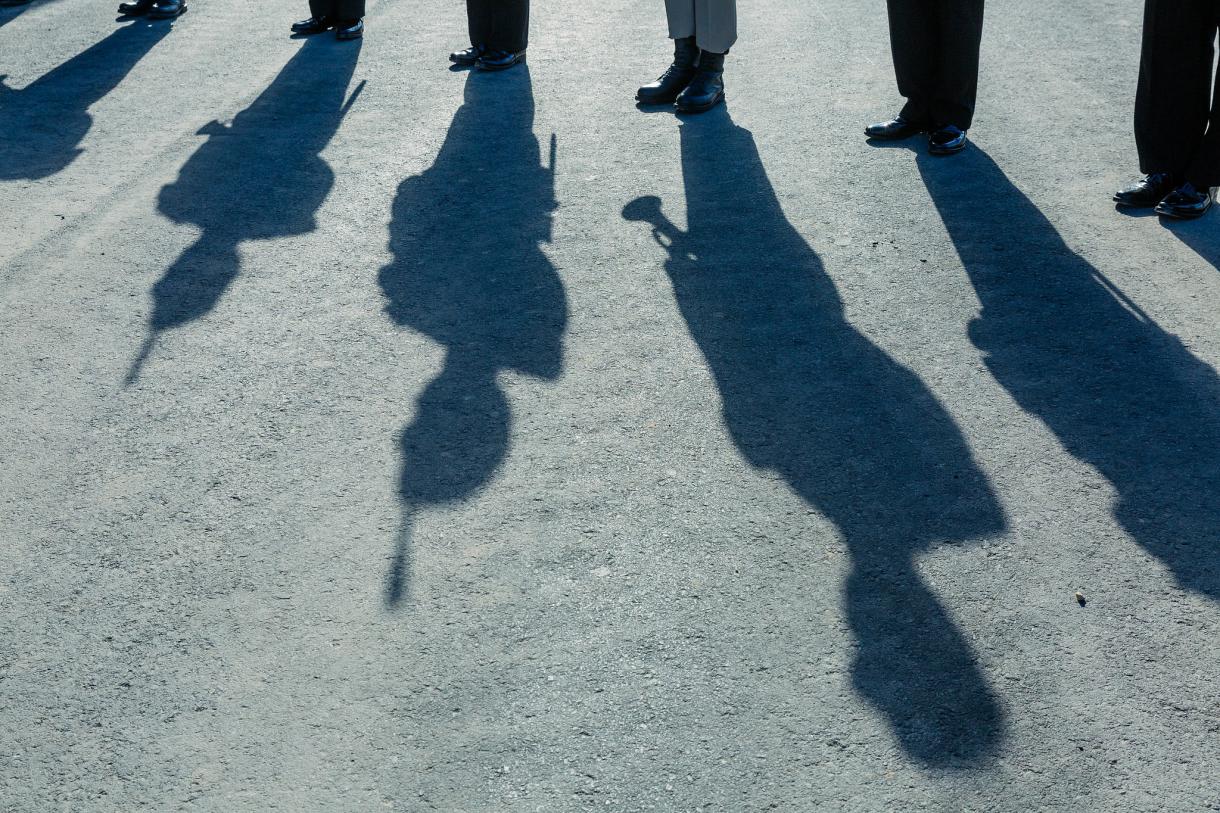Independence, self-determination, Europe returns to a traditional position

(B2) By not condoning or supporting Catalan autonomy in one way or another, Europe is about to change its ideological position on self-determination as on regional autonomy. No more express or covert support for independence splitting states, shelving the idea of a Europe of regions. Europe aligns itself with a very traditional position in terms of sovereignty and respect for borders, quite close after all to the traditional position of... Beijing. Explanations...
A pro-independence position?
In the years 1990-2000, and even in the 2010s, at the international level, Europe often supported secessionist movements: in Slovenia or Croatia (vis-à-vis Yugoslavia), in Kosovo (vis-à-vis vis-a-vis Serbia), in Éritrea (against Ethiopia) or in South Sudan (against the power of Khartoum). When Czechoslovakia separated in 1991, Brussels did nothing to counter the movement, when it had already begun a rapprochement with the EEC. On Somaliland (against Somalia), it was much more cautious, on the announcement of a change.
The Libyan turnaround
The European reversal can be seen clearly on the Libyan question. During the 2011 civil conflict, Europeans were rather hostile to any separation between East and West. A position that has held despite very different preferences between Europeans – especially Italians –, some supporting Tripoli more, others more Benghazi.
The Russian interventionist
In the meantime, several events have changed the situation. First of all, Russian interventionism, in 2008 first in South Ossetia and Abkhazia (Georgian provinces) then in 2014 in Crimea and in the eastern provinces of Ukraine, shows all the danger or the of the right to self-determination.
A weak result of independence carried by Europe
Then, the first results of the new regimes or new States carried at arm's length by Europe (Kosovo and South Sudan in particular) were not really brilliant. Kosovo is plagued by ambient corruption and endless political disputes, despite significant human and financial support. South Sudan sank into war and anarchy, not to mention Eritrea fell into a real dictatorship.
All these elements have only reinforced this European return to the dogma of respect for international borders. A point made by the President of the European Council Donald Tusk who affirmed in a tweet of reaction to the self-proclamation of the independence of Catalonia that " it does not change anything for the EU. Spain remains our only interlocutor (1).
The end of a regionalist idea
The Catalan affair is also on the way to silence European claims to a Europe of the regions. This idea, developed in the 1990s and 2000s, imagined a European executive certainly dialoguing with the States but also not refraining from discussing with the regions, even advocating a direct dialogue, in particular with the management of the structural funds.
This trend had already lost ground since the economic crisis of 2008-2010 when we saw the interest of having more solid state structures. But also in front of the very real risk of European fragmentation with centrifugal tendencies in several countries (in the north of Italy, in Spain, in Belgium, in the United Kingdom, even in Germany with Bavaria, etc.). A resurgence of this "Girondine" (regionalist) tendency remains nevertheless perceptible, as shown by the reception with great fanfare of the Scottish leader in the aftermath of Brexit.
Jean-Claude Juncker, President of the European Commission, did not say anything else during a trip to Guyana, according to AFP. " Cracks must be avoided because there are enough cracks, fractures. We don't need more cracks and more fractures. [...] would not like tomorrow the European Union to consist of 95 States ».
(Nicolas Gros-Verheyde)
(1) He added as an echo of underlying European concern over a hardening of Madrid's stance: " I hope that the Spanish government will favor the force of arguments and not the arguments of force ».

